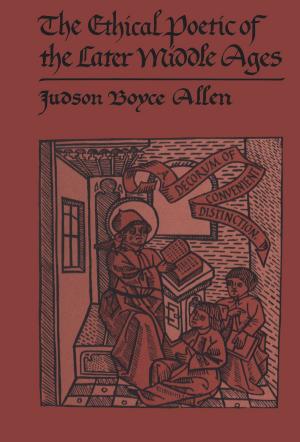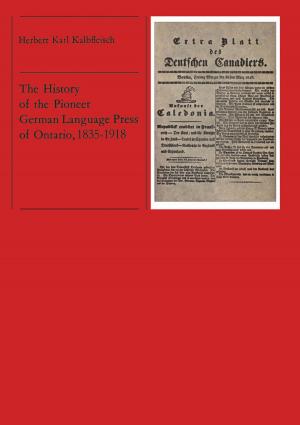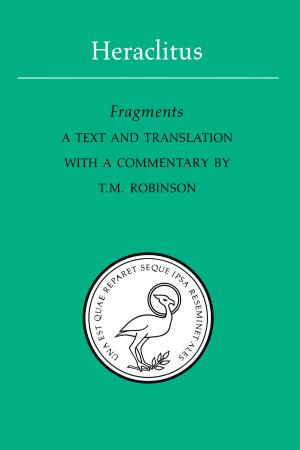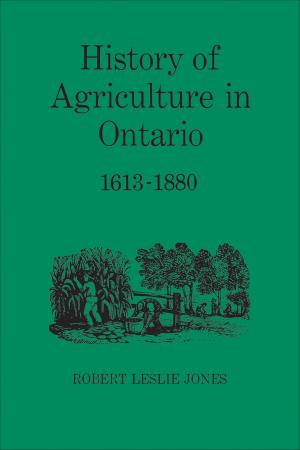Why the Porcupine is Not a Bird
Explorations in the Folk Zoology of an Eastern Indonesian People
Nonfiction, Science & Nature, Nature, Environment, Environmental Conservation & Protection, Social & Cultural Studies, Social Science, Anthropology| Author: | Gregory Forth | ISBN: | 9781487510060 |
| Publisher: | University of Toronto Press, Scholarly Publishing Division | Publication: | April 6, 2016 |
| Imprint: | Language: | English |
| Author: | Gregory Forth |
| ISBN: | 9781487510060 |
| Publisher: | University of Toronto Press, Scholarly Publishing Division |
| Publication: | April 6, 2016 |
| Imprint: | |
| Language: | English |
Why the Porcupine Is Not a Bird is a comprehensive analysis of knowledge of animals among the Nage people of central Flores in Indonesia. Gregory Forth sheds light on the ongoing anthropological debate surrounding the categorization of animals in small-scale non-Western societies.
Forth’s detailed discussion of how the Nage people conceptualize their relationship to the animal world covers the naming and classification of animals, their symbolic and practical use, and the ecology of central Flores and its change over the years. His study reveals the empirical basis of Nage classifications, which align surprisingly well with the taxonomies of modern biologists. It also shows how the Nage employ systems of symbolic and utilitarian classification distinct from their general taxonomy. A tremendous source of ethnographic detail, Why the Porcupine Is Not a Bird is an important contribution to the fields of ethnobiology and cognitive anthropology.
Why the Porcupine Is Not a Bird is a comprehensive analysis of knowledge of animals among the Nage people of central Flores in Indonesia. Gregory Forth sheds light on the ongoing anthropological debate surrounding the categorization of animals in small-scale non-Western societies.
Forth’s detailed discussion of how the Nage people conceptualize their relationship to the animal world covers the naming and classification of animals, their symbolic and practical use, and the ecology of central Flores and its change over the years. His study reveals the empirical basis of Nage classifications, which align surprisingly well with the taxonomies of modern biologists. It also shows how the Nage employ systems of symbolic and utilitarian classification distinct from their general taxonomy. A tremendous source of ethnographic detail, Why the Porcupine Is Not a Bird is an important contribution to the fields of ethnobiology and cognitive anthropology.















